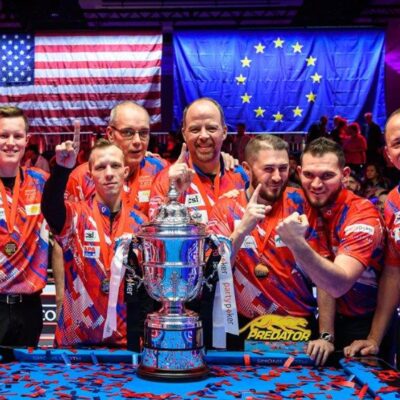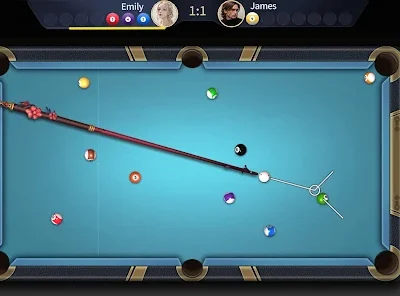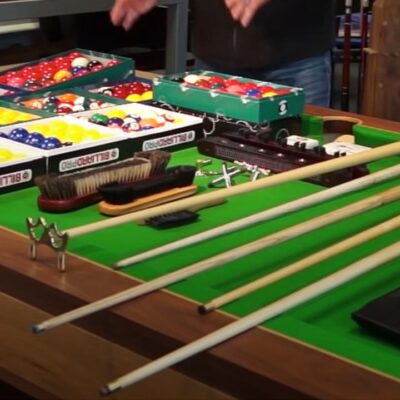I’ve written before about the connection between pool and meditation. During a recent Headspace session, I came across a powerful idea: there is no me, no you, no us—just this, the present moment as it unfolds. That concept might sound abstract or even strange, but one sentence struck a chord: no moment belongs to any one person—each experience is co-created by everyone involved.
Think about it:
- A conversation without another person isn’t a conversation.
- Fishing without fish isn’t fishing.
- And a pool match without an opponent isn’t a match.
No Opponent, No Match
It’s a simple truth we often overlook: a match only exists because both players showed up. Whether you win or lose, both roles are equally important. It’s easy to idolize the winner and pity the loser, but neither role is superior. Each is part of the same dance. Victory doesn’t exist without someone willing to compete—and to possibly lose.
It reminds me of how Native American cultures honored animals they hunted—not out of dominance, but from a place of respect and gratitude. In that spirit, perhaps we should silently thank our opponent, win or lose, for making the match possible.
As the winner, I can be grateful to my opponent for playing their role, pushing me to perform. As the loser, I can still feel fulfilled—grateful for the challenge, the learning, the thrill of competing with a worthy player. If I just played my best pool and came up short against a skilled opponent, is that really a loss? Or just another part of the shared experience?
Is This Just a Way to Sugarcoat Losing?
Not at all. This isn’t about pretending losses feel good or romanticizing failure. It’s about removing the toxic side of competition—triumph laced with arrogance or defeat shadowed by shame. If I stop viewing my opponent as someone to crush, and start seeing them as a partner in creating this match, the fear of losing fades—and the greed for winning dissolves too.
Without fear or pressure, I can simply focus on the game itself. I’m free to play with presence, joy, and clarity. And guess what? That mindset often leads to better performance, too.
Let Go of the “Opponent Hatred” Mentality
Unfortunately, many players approach their matches with silent hostility. No smiles. No eye contact. Just cold handshakes and steely glares—trying to look tough or “intimidate” the other player. I’ve had opponents nearly crush my fingers or glare like they wanted to burn a hole through my forehead. Spoiler alert: that energy doesn’t help if you’re too tense to make your next shot.
I’ve always found it funny how pro athletes can seem to hate each other during a game, only to be hugging in the next match when they’re teammates. Sure, that rivalry may be “professional,” but sometimes, it spills over into real hostility. And that’s a shame, because both sides are simply doing what they love: playing the game.
Try Gratitude Instead
So in your next match, try something different. Instead of treating your opponent as the enemy, try seeing them as a fellow traveler—someone who showed up so you could both do what you love. You don’t need to say it out loud. A quiet, inner sense of gratitude is enough.
See how it changes the way you play. See how it changes the way you feel at the table. And if it works for you, let me know—I’d love to hear about your experience.




